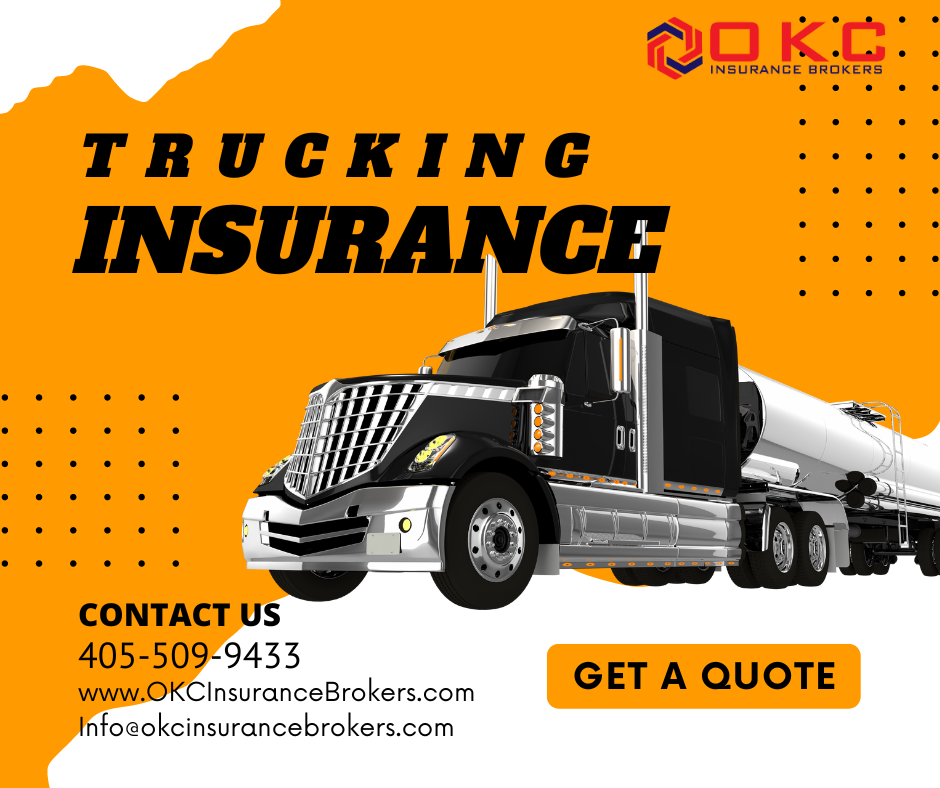Commercial haulers are essential in the realm of logistics and transportation for keeping commodities flowing across the nation. To safeguard your company and assets, whether you’re an owner-operator with a single truck or in charge of a fleet, it’s crucial to comprehend the intricacies of trucking insurance. In this thorough guide, we’ll delve into the complexities of trucking insurance, clarifying the different kinds of coverage that are offered and providing guidance to assist commercial transporters in making wise decisions.
The Foundation: Primary Trucking Liability Insurance
All commercial transporters are required to obtain primary trucking liability insurance. It is made to guard against the financial implications of collisions involving person injury or property damage brought on by your truck. This insurance coverage, which is frequently required by law, guarantees that you will be able to pay your financial obligations in the event of an accident.
Understanding Additional Coverages
Physical Damage Coverage– In the event that your truck sustains damage due to collisions, accidents, vandalism, or natural catastrophes, this will cover the cost of repair or replacement.
Cargo Insurance-Cargo insurance, which is crucial for transporters, safeguards the commodities you’re moving. It covers losses brought on by theft, mishaps, and transit-related damage.
Non-Trucking Liability Insurance– This insurance, also referred to as “bobtail” insurance, protects your vehicle when it isn’t hauling a load, as when you’re traveling to or from work.
Motor Truck General Liability-This offers greater liability protection beyond truck-related accidents, safeguarding your company from lawsuits stemming from slip-and-fall incidences on your property.
Trailer Interchange Insurance-This coverage safeguards you in the event that the trailers you are towing sustain damage.
Environmental Liability Insurance– This insurance covers the potential expenses of accident-related pollution remediation if your cargo comprises hazardous items.
Factors Influencing Premiums
Driving histories: Your drivers’ driving histories have an impact on premiums, just like personal auto insurance. Rate reductions may result from safe driving records.
Goods Type: The type of goods you are shipping affects insurance costs. Higher coverage limitations could be necessary when transporting dangerous items or expensive goods.
Distance Traveled: The danger of accidents increases as your trucks log more miles. When setting premiums, insurance companies take this into account.
Safety Measures: Putting in place safety measures like driver education courses and tracking systems can frequently result in lower premiums.
Navigating Costs
The price of trucking insurance might vary greatly depending on the aforementioned elements. While controlling costs is critical, it’s as important to avoid sacrificing coverage in order to save money. The idea is to strike a balance between necessary coverage and financial considerations.
Trucking insurance is not only required by law for commercial transporters; it also serves as a vital safety net against the unpredictabilities of the open road. Trucking industry professionals may protect their company, assets, and peace of mind by making educated selections by being aware of the different coverage alternatives and the factors that affect rates. Although the road can be unpredictable, you’ll be better prepared to handle any unforeseen turns and detours that may arise if you have the appropriate insurance coverage.
Trucking Quote


